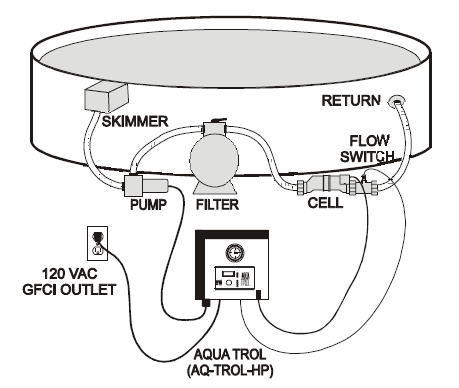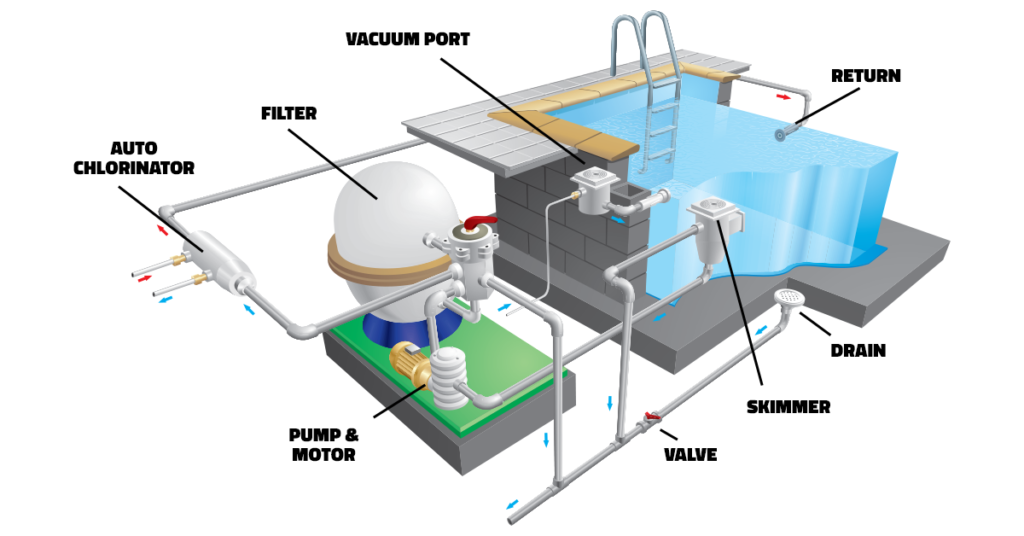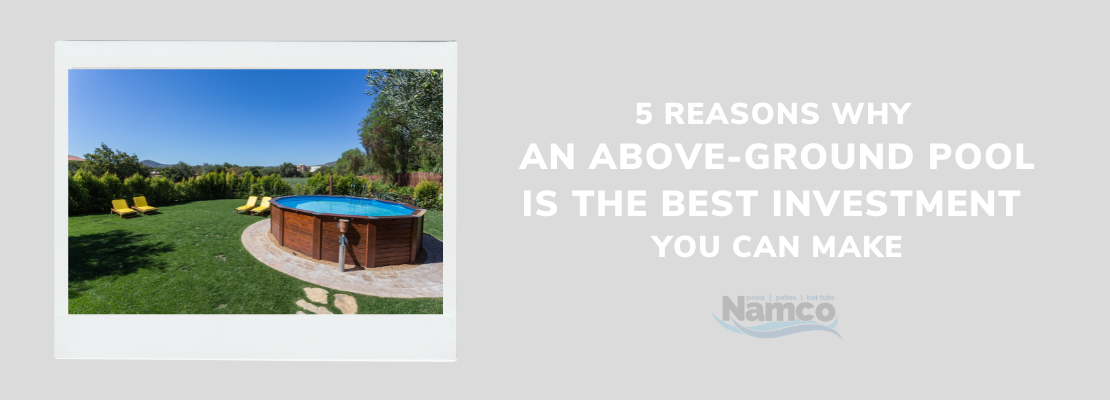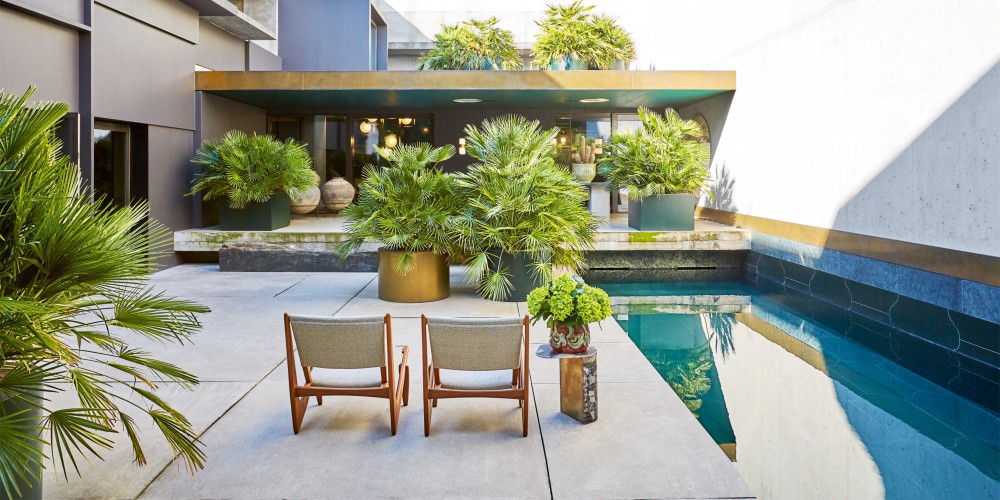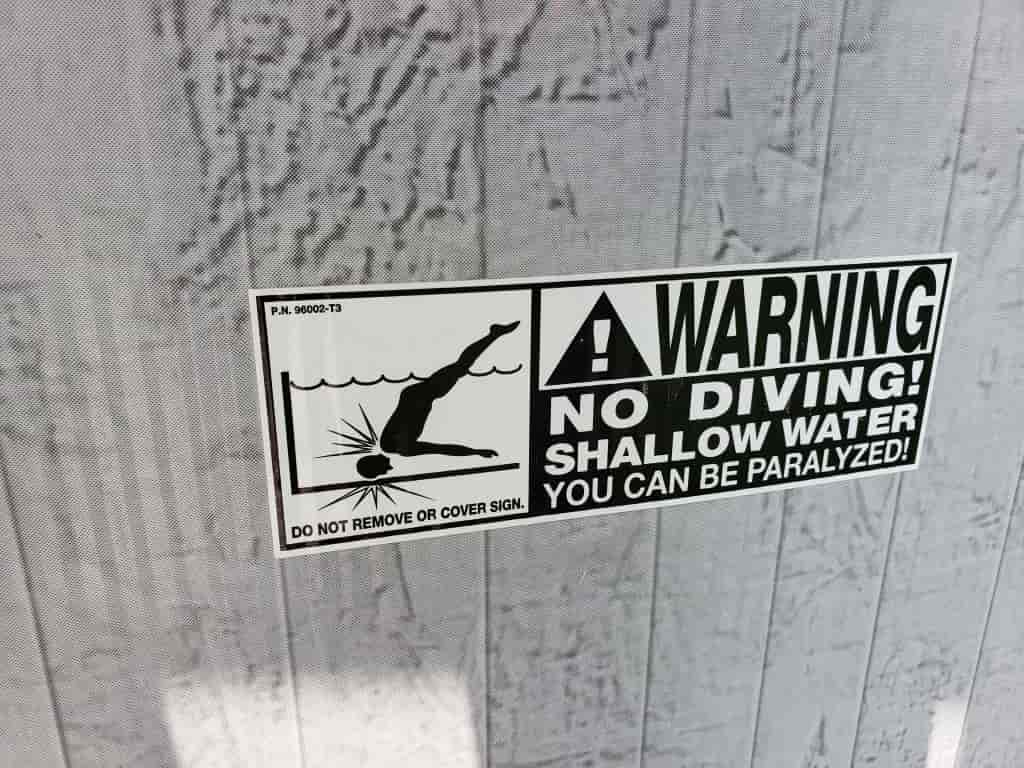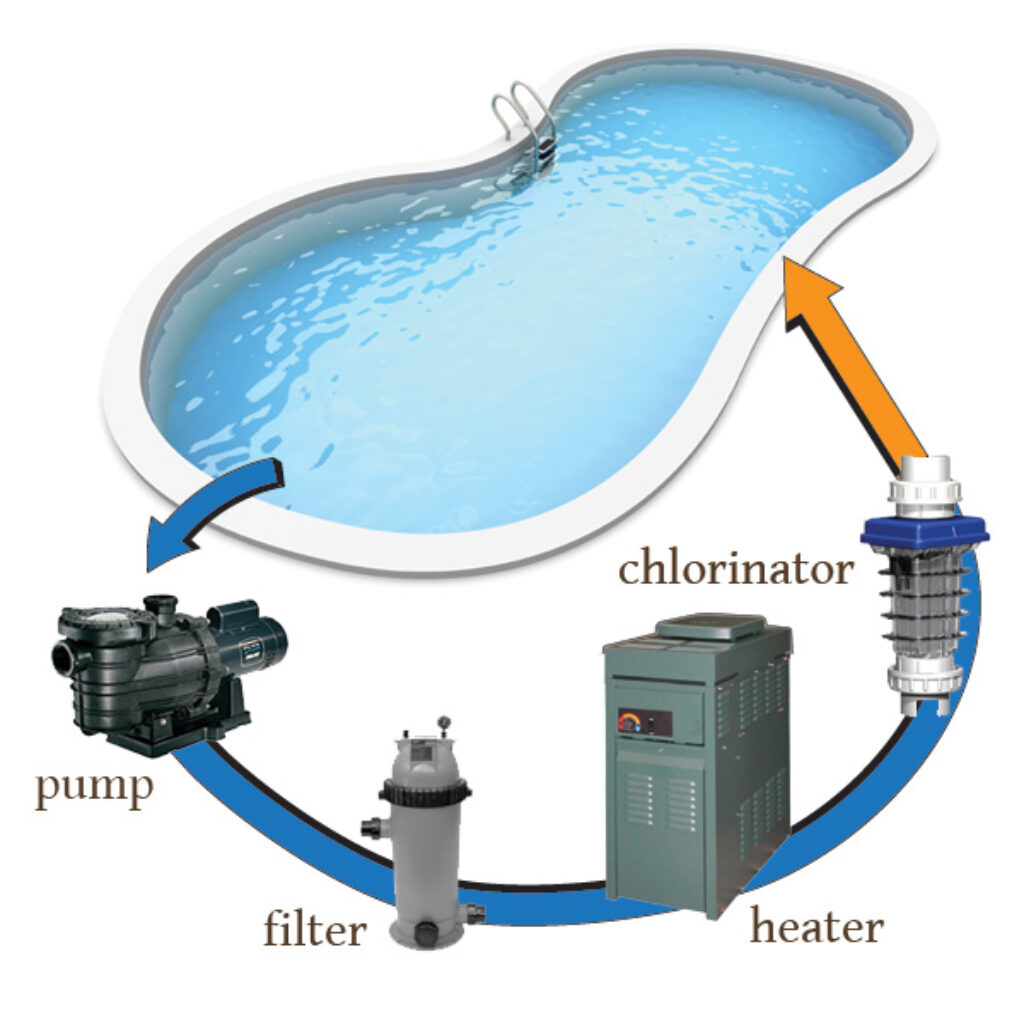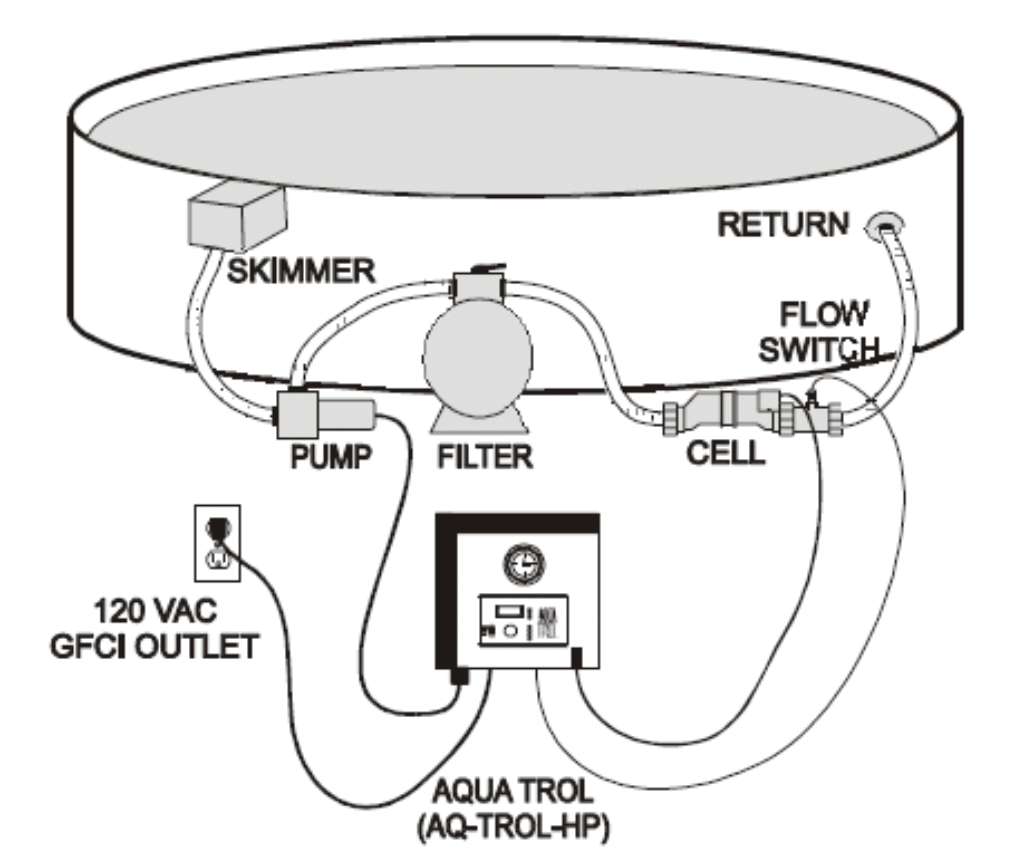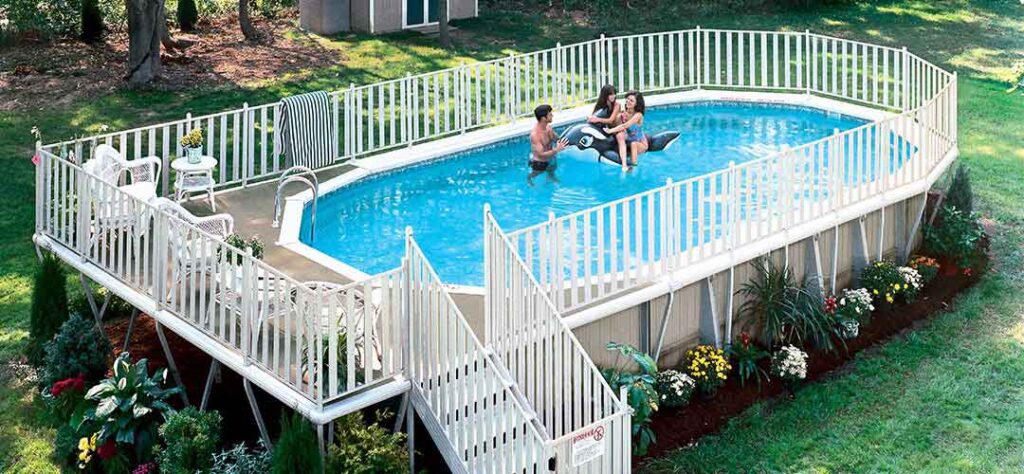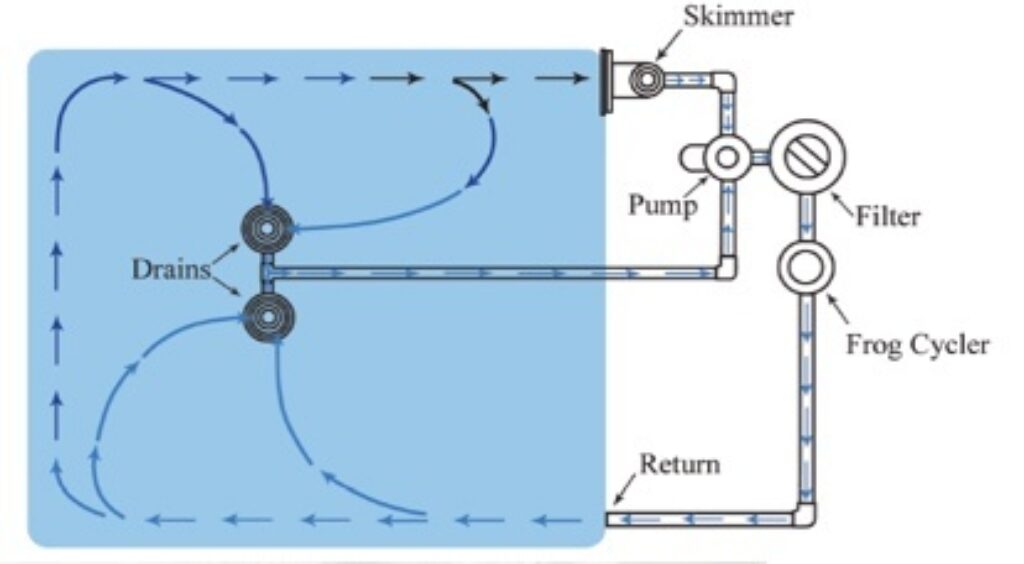In this article, you will explore the fascinating world of water filtration in above ground pools. Have you ever wondered how your pool water gets clear and clean enough to swim in? Well, it’s all thanks to the science behind water filtration. From the moment water is pumped into your above ground pool, it undergoes a series of intricate processes to remove impurities and ensure a safe and enjoyable swimming experience. Join us as we uncover the secrets behind this essential technology and discover how it works its magic to keep your pool sparkling and pristine.
This image is property of www.aqualeisurepoolsandspas.com.
Introduction
Welcome to the world of above ground pools! If you’re a proud owner of an above ground pool or considering getting one, it’s important to understand the science behind water filtration. Crystal clear and clean water is at the heart of a great pool experience, and proper filtration plays a crucial role in achieving and maintaining it. In this comprehensive guide, we’ll delve into the components of above ground pools, the basics of water filtration, different filtration technologies, key factors for effective filtration, the filtration cycle, chemical balance and water quality, enhancing filtration efficiency, best practices for water filtration, and even advanced filtration systems. So, let’s dive right in and explore the science that keeps your above ground pool water sparkling!
Understanding Above Ground Pools
To understand water filtration in above ground pools, it’s essential to familiarize yourself with their components. Above ground pools typically consist of a sturdy frame, a liner to hold the water, a pump to circulate the water, a filter to remove impurities, and various plumbing connections. These components work together to create a self-contained water system that keeps the pool clean and safe.
Importance of Water Filtration in Above Ground Pools
Water filtration is vital for maintaining clear and healthy pool water. Without proper filtration, your pool could quickly become a breeding ground for bacteria, algae, and other contaminants. Filtration helps remove debris, fine particles, oils, and even microscopic organisms that can cause cloudy water, skin irritation, and other water quality issues. A well-functioning filtration system ensures that your pool water remains clean, safe, and visually appealing.
The Basics of Water Filtration
Purpose of Water Filtration
The primary purpose of water filtration is to remove impurities and contaminants from pool water. Filtration is a mechanical process that traps particles and debris suspended in the water, preventing them from re-entering the pool. By removing these impurities, filtration helps prevent algae growth, keeps the water crystal clear, and reduces the need for excessive chemical treatments.
Types of Filters Used in Above Ground Pools
There are three common types of filters used in above ground pools: sand filters, cartridge filters, and diatomaceous earth (DE) filters. Each type has its own advantages and considerations, and the choice depends on factors such as filtration efficiency, maintenance requirements, and personal preferences.
Working Principle of Water Filtration
The working principle of water filtration involves the flow of water through the filter medium, where contaminants are captured and removed. The filter medium, whether it’s sand, cartridge, or DE powder, acts as a barrier, allowing water to pass through while trapping particles and impurities. The filtered water then returns to the pool, while the captured debris is either manually cleaned or backwashed.
This image is property of www.inyopools.com.
Filtration Technologies
Sand Filters
Sand filters are the most common and affordable type of filter used in above ground pools. They contain a bed of specially graded sand that traps debris and particles as water passes through. Sand filters are easy to maintain and provide consistent filtration, making them a popular choice for pool owners.
Cartridge Filters
Cartridge filters use replaceable pleated cartridges to capture particles and debris from pool water. These filters offer excellent filtration efficiency and require less frequent cleaning compared to sand filters. Cartridge filters are also more compact, making them ideal for small to medium-sized above ground pools.
Diatomaceous Earth (DE) Filters
DE filters use a powder made from diatomaceous earth, a naturally occurring substance, as the filter medium. DE filters provide the highest level of filtration, capturing even the smallest particles. However, they require more maintenance and regular addition of DE powder to maintain their effectiveness.
Key Factors for Effective Filtration
Flow Rate
The flow rate of water through the filtration system is an essential factor for effective filtration. It determines how quickly the water is filtered and impacts the overall filtration efficiency. Too high or too low of a flow rate can compromise the effectiveness of the filtration system. It’s important to ensure that the pump and filter are properly sized to match the flow rate requirements of your above ground pool.
Filter Media
The choice of filter media significantly affects the filtration efficiency and maintenance requirements. Sand filters use sand as the filter media, cartridge filters use pleated cartridges, and DE filters use a powder made from diatomaceous earth. Each filter media has its own pros and cons, so it’s crucial to choose the one that best suits your needs and preferences.
Filter Size
The size of the filter also plays a vital role in effective filtration. A larger filter surface area allows for more contact between the water and the filter media, resulting in improved filtration efficiency. Choosing a filter size appropriate for the volume of your above ground pool is crucial to ensure optimal filtration performance.
Maintenance and Cleaning
Regular maintenance and cleaning of the filtration system are essential for its optimal performance. This includes backwashing or cleaning the filter media, inspecting and replacing worn-out parts, and ensuring proper circulation of water through the system. Neglecting maintenance can lead to decreased filtration efficiency and potential issues with water quality.
This image is property of images.inyopools.com.
Understanding the Filtration Cycle
The Importance of a Complete Cycle
To truly understand the science behind water filtration, it’s essential to grasp the concept of a complete filtration cycle. A complete cycle refers to the period of time it takes for the entire volume of pool water to pass through the filtration system. Completing a full filtration cycle is crucial for effective removal of contaminants and ensuring the water remains clean and clear.
Stages of the Filtration Cycle
The filtration cycle consists of several stages, starting with water being drawn from the pool through skimmers or surface cleaners. The water then passes through the pump, which applies pressure and pushes it through the filter. As the water flows through the filter media, debris and impurities are captured, leaving behind clean water. The filtered water is then returned to the pool via return jets or outlets. This continuous circulation ensures that all the water in the pool eventually passes through the filtration system.
Common Issues and Troubleshooting
Despite regular maintenance and care, various issues may arise during the filtration cycle. These issues can include poor water clarity, low filtration efficiency, or even equipment malfunctions. Understanding common problems and knowing how to troubleshoot them is crucial for maintaining an efficient filtration system and clean pool water.
Chemical Balance and Water Quality
The Role of Chemical Balance
In addition to filtration, maintaining the right chemical balance is essential for optimal water quality in above ground pools. Chemicals such as chlorine, pH adjusters, algaecides, and sanitizers play a crucial role in killing bacteria, controlling algae growth, and preserving water clarity. Proper chemical balance ensures that pool water remains safe, comfortable, and visually appealing.
pH Levels and Alkalinity
Maintaining the correct pH levels and alkalinity is vital for the effectiveness of the chemicals used and overall water quality. pH is a measure of the acidity or alkalinity of the water, while alkalinity acts as a buffer to prevent rapid changes in pH. Balancing these levels ensures that the chemicals work efficiently and prevents issues such as skin or eye irritation.
Chlorine and Other Sanitizers
Chlorine is the most commonly used sanitizer in pools, as it effectively kills bacteria and prevents the growth of algae. However, other sanitizers such as bromine or saltwater systems can also be used. Each sanitizer has its own benefits and considerations, and the choice depends on factors such as personal preference, water chemistry, and maintenance requirements.
This image is property of www.swimmingpool.com.
Enhancing Filtration Efficiency
Using Pool Skimmers and Surface Cleaners
Pool skimmers and surface cleaners are essential tools for enhancing filtration efficiency. They help remove larger debris, leaves, insects, and other floating objects before they sink to the bottom of the pool. By capturing these contaminants early on, skimmers and surface cleaners reduce the strain on the filtration system and improve its overall performance.
Adding a Clarifier or Flocculant
Clarifiers and flocculants are chemical additives that aid in the clarification and removal of fine particles from pool water. Clarifiers work by grouping together particles, making them easier for the filtration system to capture. Flocculants, on the other hand, cause suspended particles to clump together and sink to the bottom of the pool, where they can be easily vacuumed. Both these additives can significantly enhance filtration efficiency and improve water clarity.
Using Pool Vacuum and Pressure-Side Cleaners
In addition to regular filtration, using a pool vacuum or pressure-side cleaner can provide deep cleaning and help remove debris that may have settled at the bottom of the pool. These automated or manual cleaning tools work in conjunction with the filtration system to ensure a thorough cleaning and optimize water quality.
Best Practices for Water Filtration
Regular Filter Maintenance
Regular filter maintenance is essential for the longevity and optimal performance of your filtration system. This includes cleaning or backwashing the filter media as recommended, inspecting and replacing worn-out parts, and monitoring the pressure gauge to determine when cleaning is necessary. Following the manufacturer’s instructions and maintaining a consistent maintenance schedule will ensure that your filter operates at its best.
Proper Pool Care and Cleaning Routines
In addition to filter maintenance, proper pool care and cleaning routines play a vital role in water filtration. This includes skimming the surface to remove debris, brushing the walls and floor to prevent algae growth, and regularly emptying and cleaning the skimmer baskets and pump strainer baskets. By keeping the pool clean, you reduce the load on the filtration system and maintain better water quality.
Water Testing and Adjustment
Regularly testing and adjusting the water chemistry is crucial for maintaining clear and balanced pool water. Test kits and strips can be used to check pH, chlorine levels, alkalinity, and other water parameters. Based on the results, chemical adjustments can be made to ensure optimal water quality. Remember to follow the instructions provided by the test kit manufacturer or consult a pool professional for accurate guidance.
This image is property of kayakpoolsmidwest.com.
Advanced Filtration Systems
Saltwater Filtration Systems
Saltwater filtration systems offer an alternative to traditional chlorine-based systems. These systems use a salt chlorine generator to convert salt into chlorine, providing continuous sanitation. Saltwater systems can provide a more gentle and natural swimming experience and may reduce the need for additional chemicals. However, they require proper maintenance and monitoring to ensure optimal performance.
Ozone and UV-C Systems
Ozone and UV-C systems are advanced filtration technologies that use ozone gas or ultraviolet light to disinfect pool water. These systems provide additional sanitization, complementing the filtration process and reducing reliance on chemical sanitizers. Ozone and UV-C systems can improve water clarity, reduce chemical usage, and provide a more environmentally friendly option for pool owners.
Alternative Eco-Friendly Options
For environmentally conscious pool owners, there are several eco-friendly options available. These can include natural pool filtration systems that use aquatic plants and biofilters to provide natural water purification. Rainwater harvesting systems can also be used to collect and filter rainwater for pool use, reducing the reliance on traditional water sources. Exploring these alternative options allows pool owners to enjoy their pools while minimizing their environmental impact.
In conclusion, understanding the science behind water filtration in above ground pools is vital for maintaining clean, clear, and safe pool water. By familiarizing yourself with the components of above ground pools, the basics of water filtration, different filtration technologies, key factors for effective filtration, the filtration cycle, chemical balance and water quality, enhancing filtration efficiency, best practices for water filtration, and even advanced filtration systems, you can ensure that your above ground pool provides a refreshing and enjoyable swimming experience for years to come. Happy swimming!
